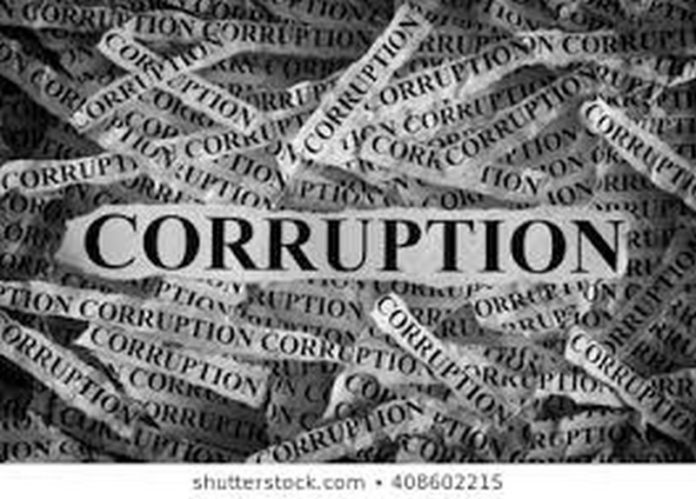The Deputy Attorney-General, Alfred Tuah-Yeboah, has attributed the prevalence of corruption in the country to the populace’s reluctance to report and divulge information related to corrupt activities in state institutions.
According to him, both the giver and receiver of bribes are aware that they could be prosecuted for their involvement in the act, thus, the hesitancy to report such incidents.
He observed that instead of reporting such malfeasance people employ another alternative to air their grievances thereby aggravating the issue.
“People are so comfortable going to the rumour mill to tell others that the system is so porous or corrupt without giving evidence to the case to work with,” he said.
Mr Tuah-Yeboah made these assertions when contributing to the topic “The Faltering Anti-Corruption War: Why Has There Been Zero Progress in Four Years” on JoyNews’ PM Express on Tuesday.
Ghana made no progress in the latest Corruption Perceptions Index, which ranks Ghana as 70th out of 180 countries in terms of corruption. Scoring 43 out of a possible 100, this has been the same score since 2020.
This stagnant position has raised concern among the citizenry.
The Deputy Attorney-General further highlighted the role of the media landscape in increasing the corruption perception index of the country.
According to him, there has been an immense growth in the media landscape since the inception of the Fourth Republic. He noted that despite its watch role in a democratic country such as Ghana, every rumor easily finds its way into the public domain, influencing the perception that the system is corrupt.
“Look at the total number of newspaper, radio and TV stations that we have. There has been an expansion in the media landscape and because of that every single rumour finds its way into the media landscape and it feeds into the perception that the system is corrupt.
“So if you are comparing this year, as compared to 2010 you may have to look at this media dynamics,” he told host Evans Mensah.
Mr Tuah-Yeboah also spoke about a critical factor of societal attitude, questioning whether there is a genuine willingness to change. He underscored the importance of addressing not only legal and institutional aspects but also societal norms to effectively combat corruption in Ghana.
However, when asked if there is a political will on the side of the government to fight corruption, Mr Tuah-Yeaboah dismissed any assertion that the government is portraying a lackadaisical attitude towards clamping down on the menace.
He insisted that under the leadership of President Akufo-Addo, the government has demonstrated a strong commitment to combating corruption.
This is evident through the establishment of the Office of the Special Prosecutor and the allocation of resources to institutions responsible for prosecuting individuals involved in such activities.
ALSO READ:

